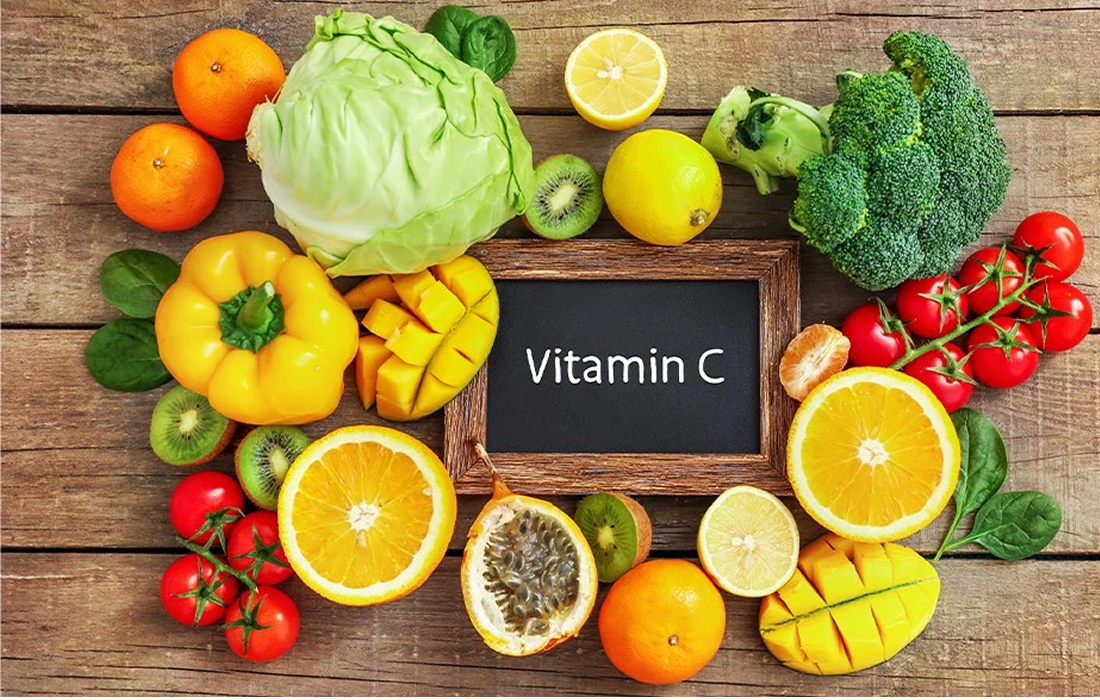Nutrition and Supplements
Vitamin C Could Help Retain Muscle Mass in 50s People
Sarcopenia is characterized by a progressive and generalized loss of skeletal muscle mass and strength . Increasing age is a well-recognized risk factor for sarcopenia such that worldwide the condition affects >50 million people over the age of 50 y.
Whereas maintenance of strength and function is recognized as important for preventing functional limitations, physical disability, and loss of mobility, less recognized are the metabolic disturbances associated with loss of skeletal muscle mass. These metabolic disturbances include altered utilization of amino acids, glucose, and fatty acids, as well as contributions to the onset of obesity and type 2 diabetes .
The etiology of sarcopenia is multifactorial, with several contributory mechanisms including endocrine causes, age-related changes in circulating cytokines, production of reactive oxygen species (ROS), immobility, and low intakes of protein.
Vitamin C, a water-soluble vitamin obtained by consumption of fruits, vegetables, and their products in the diet, has several mechanistic functions relevant to skeletal muscle metabolism and physiology, which could prevent age-related loss of skeletal muscle. The mechanisms for vitamin C in skeletal muscle physiology include synthesis of carnitine and collagen and recent animal studies have further elaborated the role of vitamin C deficiency.
A study published today shows that older people who eat plenty of vitamin C , commonly found in citrus fruits, berries and vegetables, have the best skeletal muscle mass.
The research team studied data from more than 13,000 people aged between 42-82 years, who are taking part in the EPIC (European Prospective Investigation into Cancer and Nutrition) Norfolk Study.
They calculated their skeletal muscle mass and analyzed their vitamin C intakes from a seven-day food diary. They also examined the amount of vitamin C in their blood.
They found that nearly 60 percent of men and 50 per cent of women participants were not consuming as much Vitamin C as they should, according to the European Food Safety Agency recommendations.
Vitamin C is important for muscle health in older men and women and may be useful for preventing age-related muscle loss.
This is particularly significant as Vitamin C is readily available in fruits and vegetables, or supplements, so improving intake of this vitamin is relatively straightforward. Eating a citrus fruit, such as an orange, each day and having a vegetable side to a meal will be sufficient for most people.
SOURCE:
Lucy N Lewis, Richard P G Hayhoe, Angela A Mulligan, Robert N Luben, Kay-Tee Khaw, Ailsa A Welch. Lower Dietary and Circulating Vitamin C in Middle- and Older-Aged Men and Women Are Associated with Lower Estimated Skeletal Muscle Mass. The Journal of Nutrition, 2020; DOI: 10.1093/jn/nxaa221
IMAGE:
https://kdvr.com/wp-content/uploads/sites/11/2022/08/000_best-vitamin-c-packets-05c3bb-1.jpg?w=1280

